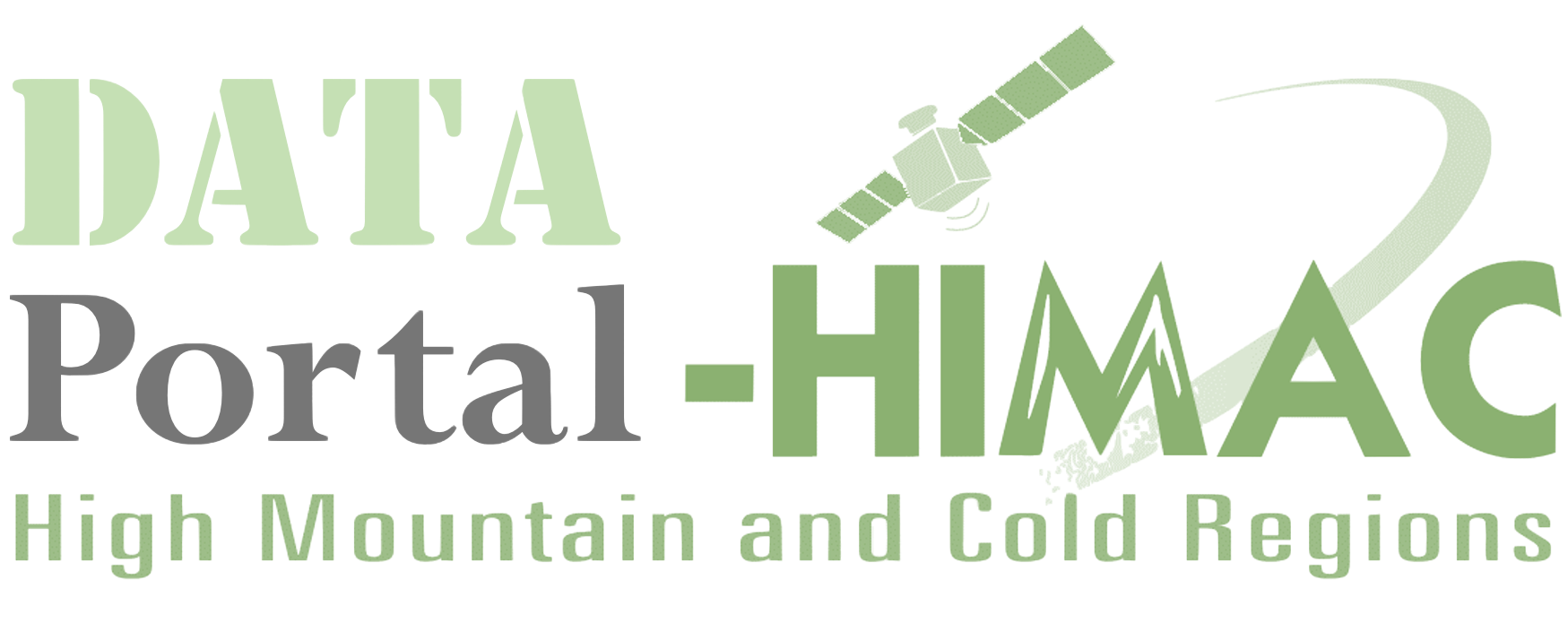You're currently viewing an old version of this dataset. To see the current version, click here.
DueSouth
Data and Resources
Additional Info
| Field | Value |
|---|---|
| Source | https://data.aad.gov.au/duesouth/ |
| Last Updated | January 9, 2022, 14:24 (UTC) |
| Created | January 9, 2022, 14:24 (UTC) |
| Data Management | All SOOS-endorsed projects are required (and other Southern Ocean projects encouraged) to prepare a data management plan which outlines the type of data to be captured, modelled or acquired and how it will be managed both during the life of the project and beyond, as well as how it will be shared with the broader research community. All plans should articulate the resources required to implement the plan and outline where data will be hosted for long-term curation. Technical contacts regarding project data management and data publication should also be included in this document. |
| Data Policy | The SOOS data policy is derived from the SCAR data policy, which is binding on all nations and researchers collecting data south of 60°S. Although there is no international agreement on data management for the waters and land north of 60°S, we hope that researchers working in these areas will voluntarily follow the SOOS data policy, which reflects international best practice in data sharing. The core principles of the SOOS data policy are: Data sharing makes everyone's science better The faster data is shared (while respecting the data collector's right to publish first) the more valuable it is to the community Data contributors must have their intellectual property respected and appropriately acknowledged by users of that data Data management should be a core part of all research projects, rather than something added at the end. The SOOS and SCAR data policies have been developed in accordance with: the Twelfth WMO Congress, Resolution 40 (Cg-XII, 1995) the Thirteenth WMO Congress, Resolution 25 (Cg XIII, 1999) the ICSU 1996 General Assembly Resolution the ICSU Assessment on Scientific Data and Information (ICSU 2004) Article III-1c from the Antarctic Treaty the Intergovernmental Oceanographic Commission Data Exchange Policy the Polar Information Commons statement on ethics and norms of data sharing Metadata are essential for the discovery, access, and effective use of scientific data. All SOOS-affiliated data should be accompanied by a full metadata record that clearly documents and describes the dataset. In accordance with the ISO standard reference model for an Open Archival Information System (OAIS) (CCSDS 2002), complete metadata may be defined as all the information necessary for data to be independently understood by users and to ensure proper stewardship of the data. Metadata records typically include information about the temporal and spatial range covered by the dataset, contact details for the authors, a description of all fields, and the methods used to acquire the data. In short, a good metadata record provides all the information needed by an unaffiliated person to assess the suitability of the dataset for reuse in other research projects. Regardless of any data access restrictions or delays in delivery of the data itself, all SOOS-affiliated projects should promptly provide basic descriptive metadata for collected data to the SOOS metadata portal. Ideally, when submitting metadata, all referenced data should be hyperlinked to the metadata record so that it is in an immediately accessible form (not hidden behind passwords or in online systems that restrict access to the data). The preferred metadata standards of SOOS are the DIF standard used by NASA's Global Change Master Directory (which hosts the SOOS metadata portal) and ISO 19115. Metadata records can be directly entered into the SOOS portal , and guidance on how to create metadata records is provided at here. |
| Data Sharing Principle | To ensure the lasting legacy of SOOS-affiliated projects, it is essential to facilitate long-term preservation and sustained access to their data. Data preservation is best achieved through a data repository that has stable infrastructure to preserve data and make it accessible and discoverable through a web interface. All SOOS-affiliated data should be archived in their most granular, useable form and be accompanied by a complete metadata record. The SOOS DMSC and SOOS International Project Office can assist SOOS-affiliated projects to identify appropriate long-term archives and scientific data centres, but it is generally the responsibility of individual SOOS-affiliated projects to make arrangements with long-term archives to ensure the preservation of their data. SOOS has identified a wide range of data communities and networks that host and serve specific types of data. The SCAR National Antarctic Data Centres (NADCs) are also a potential source of data hosting facilities for SOOS-affiliated data. While repository and data service provider accreditation is still in infancy, some of the more mature data centres and data networks are now acquiring accreditation. Many such entities belong to the ICSU World Data System. It is anticipated that as the concept of accreditation takes greater hold, SOOS will move in the medium-term to require that SOOS-endorsed projects place data in accredited repositories. The repository and data service providers chosen by SOOS-affiliated projects to manage their data should be capable of providing the following: assistance to data providers (scientists) in preparing, supplying and submitting metadata to the SOOS portal, the capability to provide data as a service (as per the SOOS Data Policy), data archiving services that permits stable online data publication and long-term re-use of data, allocation of persistent identifiers (e.g, Digital Object Identifiers) to datasets, and assistance with the development of data management plans. |
| Database Level | International/Regional |
| FIAR | No |
| Opening Degree | Open |
| Region | Antarctic |
| Source of Data Policy | Derived |
| Theme | Marine |
